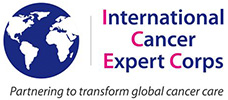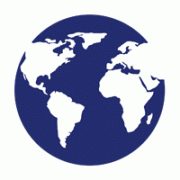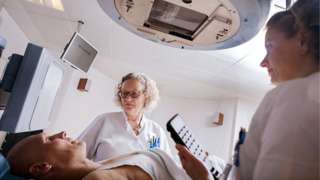December 2016 Issue: ICEC “Essential News” Letter
The growing trends toward isolationism and xenophobia make efforts of collaboration, person-to-person connectivity and sustainable partnerships such as those of ICEC even more important on a global level. Understanding the issues behind the global trends rather than simple condemnation can be of benefit in helping to improve existing relationships and conditions and to work toward novel approaches that can counterbalance intolerance. Being apolitical and global as well as focusing on cancer that transcends borders, ICEC is in an excellent position to build new models and bridges. As our recent efforts illustrate, we are well on our way to doing just that.
The December issues of the ICEC Essential News Letter of 2016 provides updates from activities over the last five months. Building from a detailed description of the various components and activities in the June 2016 ICEC Essential News Letter (Vol 1, No 2) we provide updates and a progress report. Read the ICEC Essential News Letter…





